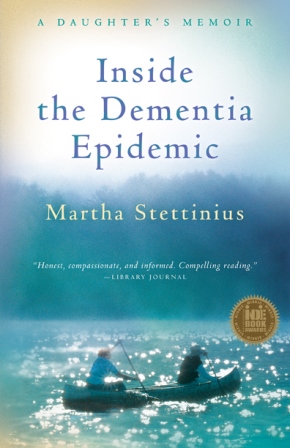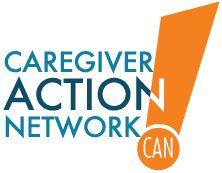Is There a Diet to Reduce Our Risk of Dementia?
 Thursday, June 20, 2013 at 07:17PM
Thursday, June 20, 2013 at 07:17PM Today on eCareDiary's Expert Q&A I answer the question "Is there a particular diet that a senior can follow to reduce the risk of dementia?". I write:
When I was growing up, my mother, Judy, taught me that margarine was better than butter because it didn’t have cholesterol (and because it was cheaper), but now the public knows about trans fat. I can’t help but wonder if that margarine and all the store-bought cookies my mother ate contributed to her dementia. (A 2011 study published by the journal Neurology showed a strong correlation between trans fat in the bloodstream and decreased brain function.)
 Image courtesy of africa at FreeDigitalPhotos.netThere is no proven diet we can follow to avoid Alzheimer’s disease or other dementias, but in general what’s good for the heart is good for the brain. After thoroughly researching the connection between diet and dementia for the appendices of my book, I recommend eating food that is low-carb and anti-inflammatory.
Image courtesy of africa at FreeDigitalPhotos.netThere is no proven diet we can follow to avoid Alzheimer’s disease or other dementias, but in general what’s good for the heart is good for the brain. After thoroughly researching the connection between diet and dementia for the appendices of my book, I recommend eating food that is low-carb and anti-inflammatory.
My advice to eat low-carb, like the advice of Gary Taubes and others, goes counter to the prevailing medical recommendations since the 1980s to eat low-fat. Alzheimer’s disease (the most common type of dementia at 60-80%) has been called “type III diabetes,” and research suggests that with Alzheimer’s disease the brain becomes resistant to insulin and has difficulty utilizing glucose for energy. In 2010, researchers at Kyushu University in Japan reported that people with diabetes or pre-diabetes are more likely to develop beta amyloid brain plaques in the brain (which many researchers believe is linked to Alzheimer’s disease). Since high blood sugar increases the body’s insulin level, leading to insulin resistance in the cells of both body and brain, one way to protect your brain may be to keep your blood sugar levels low with a low-carb diet. For vascular dementia from tiny strokes (the second most common type of dementia, at up to 20%), controlling your blood sugar can reduce inflammation, a risk factor for stroke.


















Reader Comments